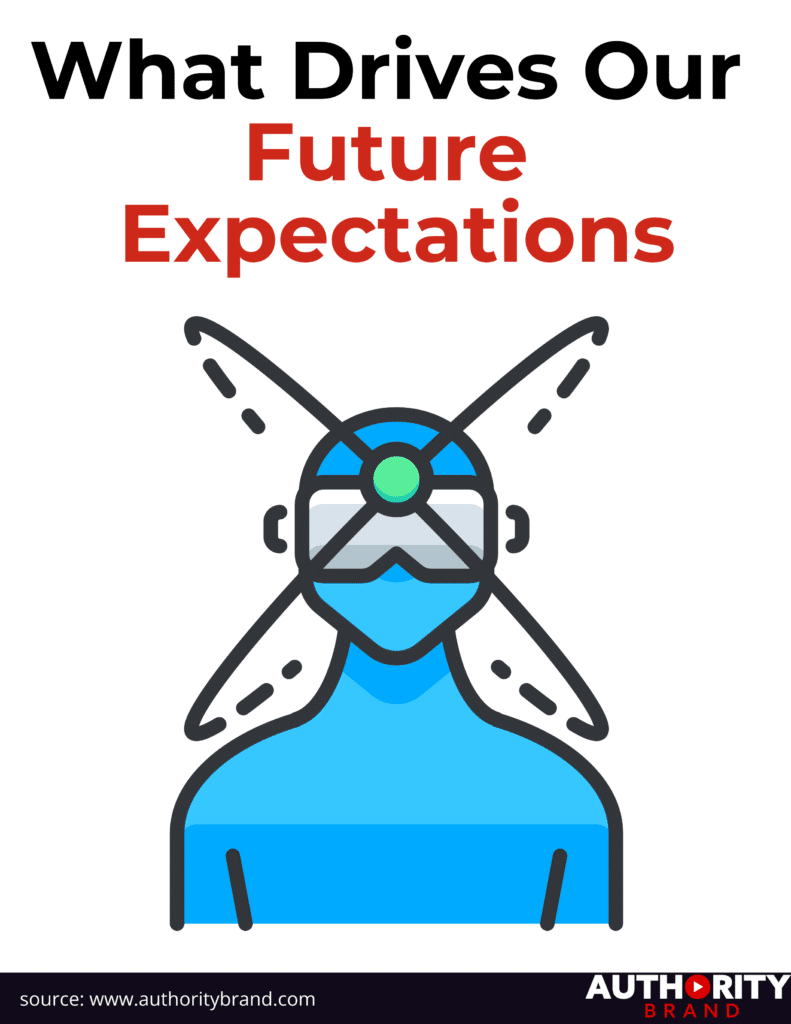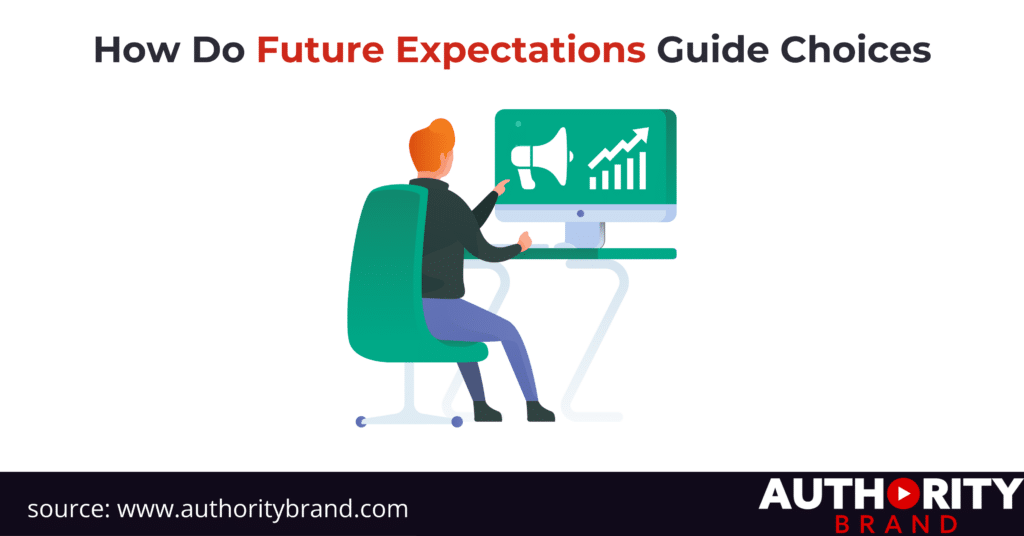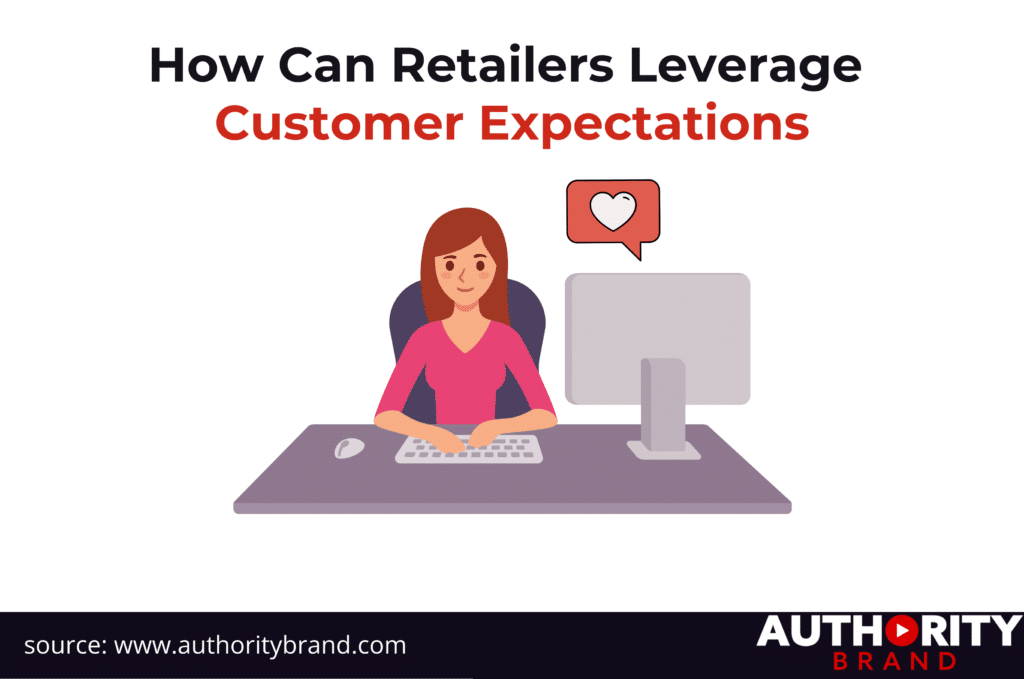Are you contemplating an essential purchase, such as a car, a house, or a luxury vacation? Determining the right time to make such a significant investment can be challenging. However, our buying decisions aren’t solely based on our current circumstances. Our future expectations also play an essential role in guiding our choices.
When we buy something, we’re not just thinking about how it will benefit us now but also about its long-term value. Our predictions shape our expectations of future income, product advancements, and any uncertainties related to global politics or the environment. Individuals and businesses can make better-informed decisions by understanding how expectations are formed and impact our choices.
Key Takeaways
- Expectations exert massive influence over consumer decision-making.
- Understanding behavioral motivations allows individuals and businesses to make optimal choices and strategically shape expectations for profitable commerce acceleration.
- Our consumer choices rely heavily on expectations of future income, prices, product developments, and economic conditions.

What Drives Our Future Expectations
Our expectations originate from a mix of rational analysis and emotional or social influences. Consumers constantly gather information from diverse sources to refine their predictions.
Personal Experiences
Our own experiences, especially recent ones, anchor our expectations. If we have observed steady career growth, we may optimistically expect higher future income. Having witnessed rising inflation lately makes us worry prices will continue ascending.
Observation of Trends
Extrapolating from historical data and trends is another approach. For example, the rapid pace of technological innovations over the past decades shapes our expectations that better products will continue emerging.
Expert Opinions
Economists, industry analysts, and pundits shape our views through their commentary and predictions. When prominent voices converge on a narrative – recession or continued growth – it informs consumer expectations.
Family and Friends
Word-of-mouth influences expectations, too. If friends rave about a new smartphone’s fantastic camera, our expectations for the phone’s photography performance heighten.
Marketing and Advertising
Both product claims and broader messaging inform consumer expectations. Clever marketers actively manipulate expectations regarding a product’s utility and performance to boost desirability and sales.

How Do Future Expectations Guide Choices
Armed with expectations, consumers make trade-offs between current and future spending to maximize Lifetime Value. Spurred by optimistic projections, we may endure short-term pain for long-term gain or even overspend today.
Expectations of Price Changes
Consumers often make purchases based on predicted price movements. For big-ticket items, if we expect prices to rise shortly, we may accelerate our purchase despite budget constraints. For non-essentials, imminent price drops can persuade us to postpone discretionary buys.
Expectations of Product Improvements
Consumers, especially tech buyers, hold off on purchases when revolutionary upgrades seem imminent. For example, iPhone fanatics awaiting a groundbreaking new model may skip iterative updates of existing versions. However, unexpected delays can frustrate these expectations, evoking regret over missed interim utility.
Uncertainty and Precautionary Saving
Economic uncertainties like recession risks encourage precautionary saving over discretionary consumption. Worries over income loss or volatility encourage conservative spending and channel funds into rainy-day reserves despite affordability.
Future Financial Capacity
Optimistic income expectations permit greater consumption and willingness to take on debt. For instance, the anticipation of higher future earnings drives many to overextend on mortgages early in their careers. Unfortunately, unmet expectations heighten the risks of financial distress later on.
Psychology of Anticipated Regret
Consumers fear regretting missing out on utility from price changes or product improvements. This apprehension often accelerates purchase decisions. Alternatively, anxiety over buyer’s remorse from poor product performance also looms, giving some shoppers pause.
Social Expectations
Societal norms and expectations held by our peer group also exert influence. Teenagers may frenzy over scarce sneaker releases due to the social cachet of exclusivity. Middle-aged consumers may overspend on lavish vacations to flaunt images of sophistication on social media.

How Can Retailers Leverage Customer Expectations
Understanding the role of expectations in driving consumer behavior offers valuable insights for developing effective marketing. Retailers can employ strategies to shape expectations to stimulate sales intentionally.
Seed Excitement for Impending Releases
Marketers can fuel anticipation of new products through cryptic hints of groundbreaking capabilities long before launch. Allowing imaginations to run wild heightens perceived utility and desirability. Meticulously planned influencer leaks are particularly effective for signaling exclusivity.
Promote Accelerated Purchase Cycles
Retailers can accelerate replacement purchases through tactics like leasing programs or buyback schemes. These demonstrate the value of frequent upgrades while mitigating risks of enduring product obsolescence or residual value erosion.
Frame Value of Ownership
Sellers must shape consumer expectations of total lifetime value. Buyers should comprehend purchase prices, operating costs, maintenance needs, residual resale value, and product longevity.
Be Transparent on Sustainability
Increasingly, eco-conscious consumers have rising expectations regarding environmental sustainability. Brands promoting sourcing policies, emissions tracking, and recycling programs preemptively address expectations, enabling shoppers to make purchases aligned with values.
Provide Realistic Previews
Preview events with select audiences help frame expectations accurately about impending product launches without leaking proprietary details to competitors. Early hands-on exposure counters overhyped marketing claims and grounds expectations.
Shape Post-Purchase Experiences
Managing customer journey touchpoints even after purchase is essential for cementing positive impressions that become the basis for future repurchases and referrals. From prompt shipping to superior customer support, post-purchase treatment must align with marketing promises.
Unveiling the Power Behind Consumer Decision-Making
As consumers, we are all dreamers. Our decisions are not just based on what we need right now but on what we expect to need in the future. We gather information from various sources, building a vision of what lies ahead. Based on this vision, we decide what to buy today, how much to save for tomorrow, and how much debt we will take on.
But what shapes these expectations? That’s where the magic lies. By understanding the psychology of our behavior, we can make better choices. Businesses can use this knowledge to strategically shape our expectations and thus drive profitable commerce.
So, whether you’re a consumer or a business owner, remember that expectations are the key to success. Dream big, gather information, and make informed decisions based on your vision of the future.
Frequently Asked Questions
Still, have some lingering questions? Check out these common queries on how future expectations steer choices today.
Q: How do personal experiences shape our future expectations?
A: We often use our recent observations – income growth, price changes, or product evolution – to predict future trends, especially if patterns persist over time. Unfortunately, erroneous expectations sometimes arise from wrongly presuming the continuance of transient anomalies.
Q: What is the role of expert opinions in informing consumer expectations?
A: Thought leaders in various domains, including economists, industry analysts, and journalists, inform our expectations through their commentary, forecasts, and theoretical models. Views get amplified when several credible voices converge on a consistent narrative regarding future scenarios.
Q: Why does anticipating future product upgrades sometimes inhibit current purchases?
A: Consumers, especially in categories like consumer electronics, often hold off on purchases today because they expect significant technological advances soon. The prospect of enduring product obsolescence or severe value deprecation right after a substantial spend keeps specific buyers perpetually waiting for the next big thing.
Q: How do economic uncertainties increase precautionary consumer saving over spending?
A: Worries over income stability due to macroeconomic threats like recessions foster pessimism over future financial capacity. This heightens consumers’ perceived need for precautionary rainy-day reserves. As a result, nervous households tend to increase saving rates and curtail discretionary consumption despite no change in present conditions.
Q: What tactics do marketers use to accelerate replacement purchase cycles intentionally?
A: Marketers reduce risks of enduring product obsolescence in fast-moving categories using leasing programs or buyback guarantees. Offering hassle-free product trade-ins or upgrades at regular intervals helps establish expectations of frequent replacement purchases rather than maximizing product lifespans.
Unlock the potential of Authority Branding
Do you want to unlock the full potential of your business? Then, it’s time to tap into the power of authority branding. We’ll help you establish a strong, trustworthy, and influential brand that leads the industry. With our guidance, you can gain unparalleled recognition and credibility. Don’t wait any longer to make your brand shine with authority! Contact us today!






